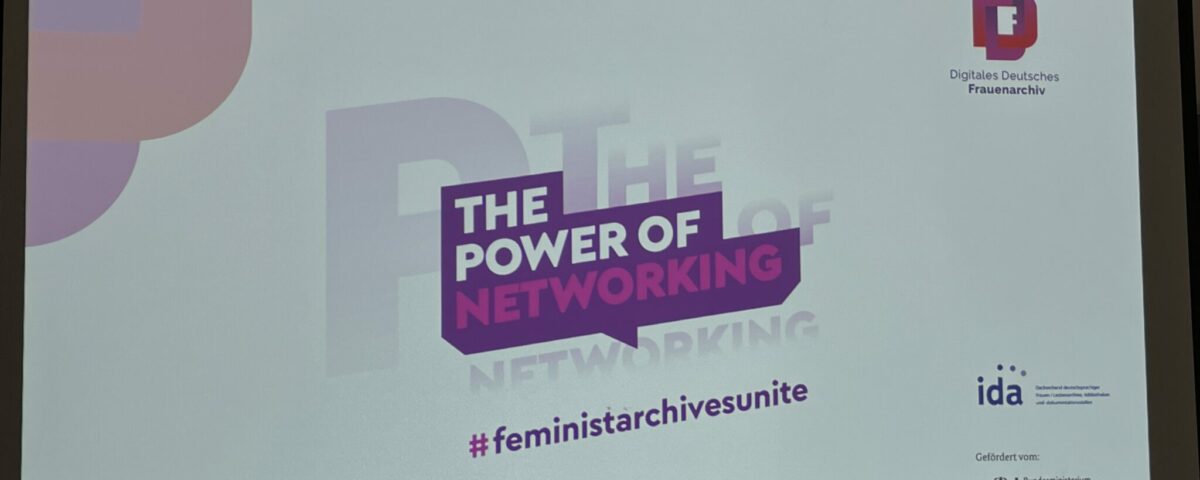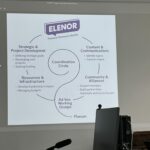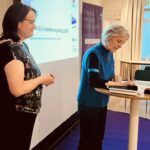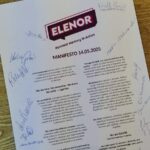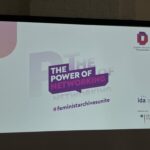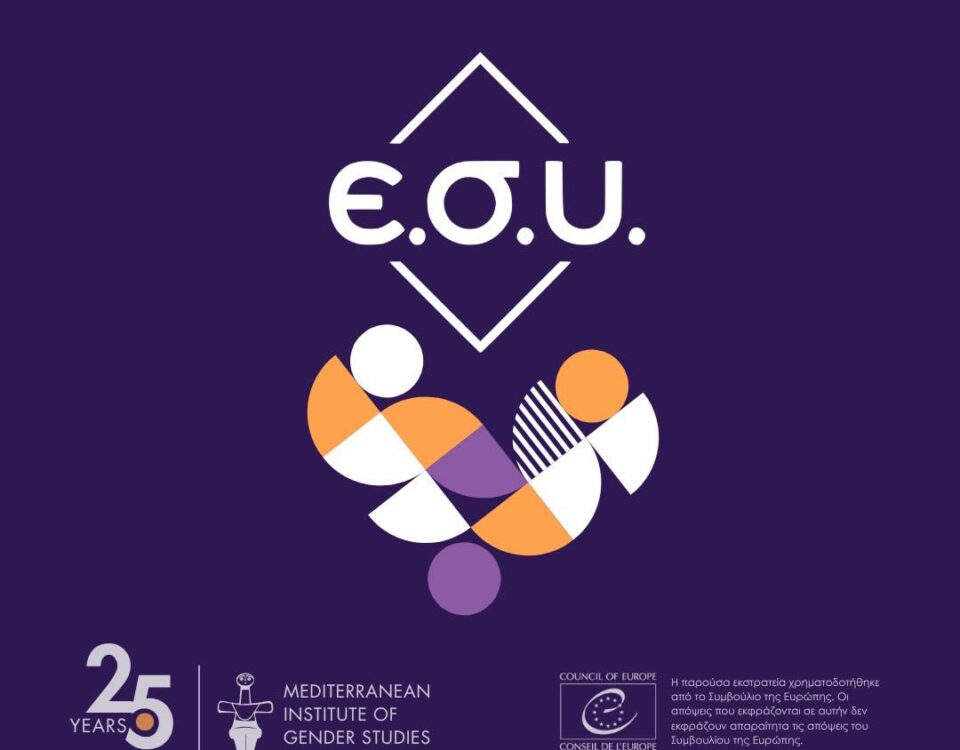We Are Here: ELENOR and the Power of Feminist Memory

OPEP DV Training programme for Health Professionals on Domestic Violence
May 5, 2025
Από την επικύρωση στην υλοποίηση: Το έργο «Ε.Σ.Υ» φέρνει τη Σύμβαση της Κωνσταντινούπολης στο προσκήνιο στην Κύπρο
August 25, 2025By Christina Kaili
From May 12–16, 2025, I had the privilege to participate in the launch of ELENOR – the European Feminist Memory Network in Berlin, together with feminist archivists, librarians, scholars, and activists from across Europe. Hosted by the Digitales Deutsches Frauenarchiv (DDF) and supported by Erasmus+, the week was more than a conference — it was the culmination of a five-year journey.
Since its founding in 2020, ELENOR has grown from a vision into a transnational network that now spans 16 countries. In just five years, it has held 37 meetings, welcomed 465 participant attendances, and developed from early conceptual conversations to Erasmus+ exchange-visits between feminist libraries and archives and a powerful, co-authored feminist manifesto elaborating on the vision and mission of the ELENOR Network.
From the beginning, what drew us to this initiative was its clear understanding that knowledge is never neutral. As a feminist from Cyprus — a country shaped by unresolved trauma and a lack of formal libraries or archives documenting women’s lives and struggles - beyond some notable individual initiatives — this felt extremely important. Documenting and archiving women’s struggles, actions, and achievements creates memory. And preserving memory is power.
Over the years, I have witnessed how deeply the ELENOR network values plurality of voices and solidarity. These values were on full display in Berlin — from visits to the Helene-Lange archive and Humboldt University’s Gender library to dynamic discussions on feminist infrastructures, multilingual access, and the ethics of shared data.
The manifesto we co-created is not a closed document. It is a living commitment: to preserve, connect, and activate feminist and decolonial memory — across borders, across generations, and across political challenges. Cyprus has much to gain from this shared knowledge space. And we have much to contribute.
We are here. We remember. We share. We build — together.
Learn more about ELENOR: https://elenor.network
Blog – 03/06/2025

